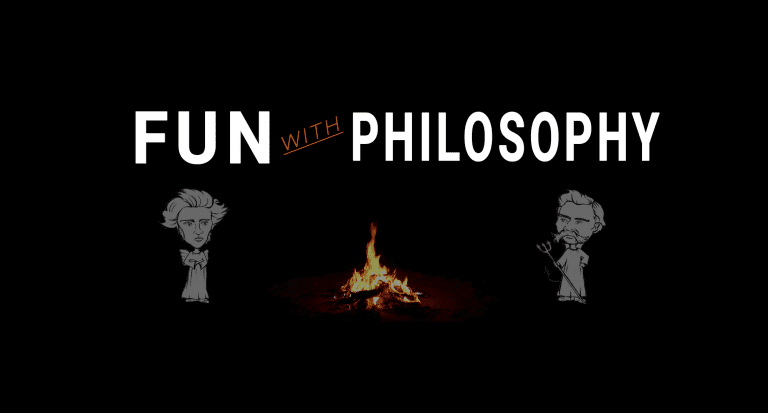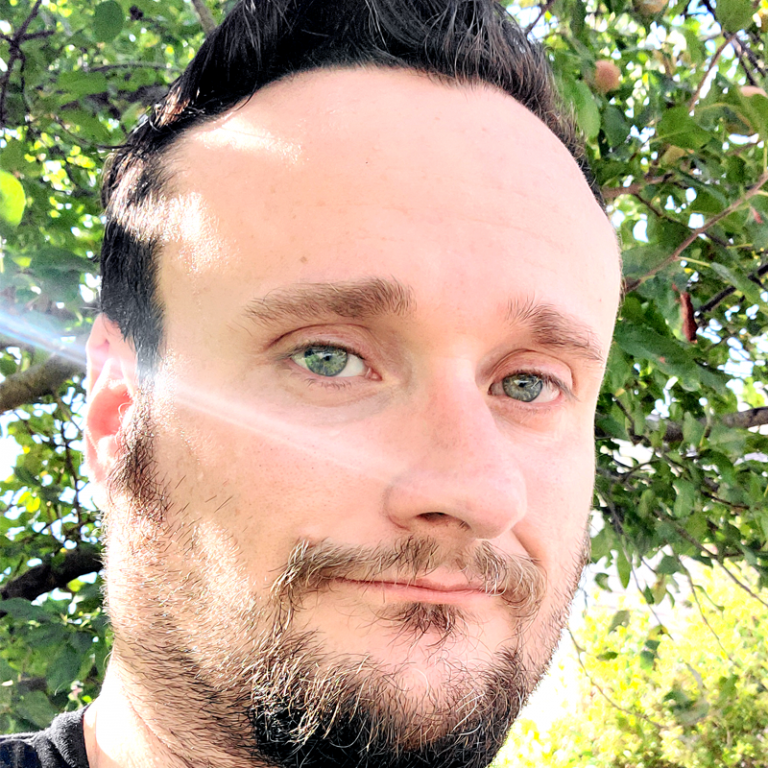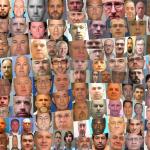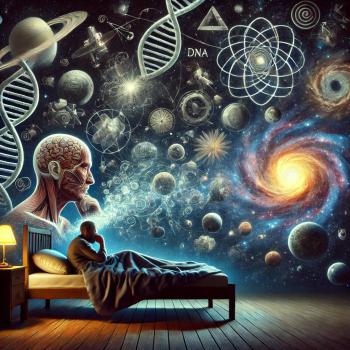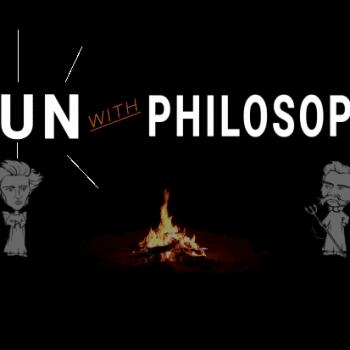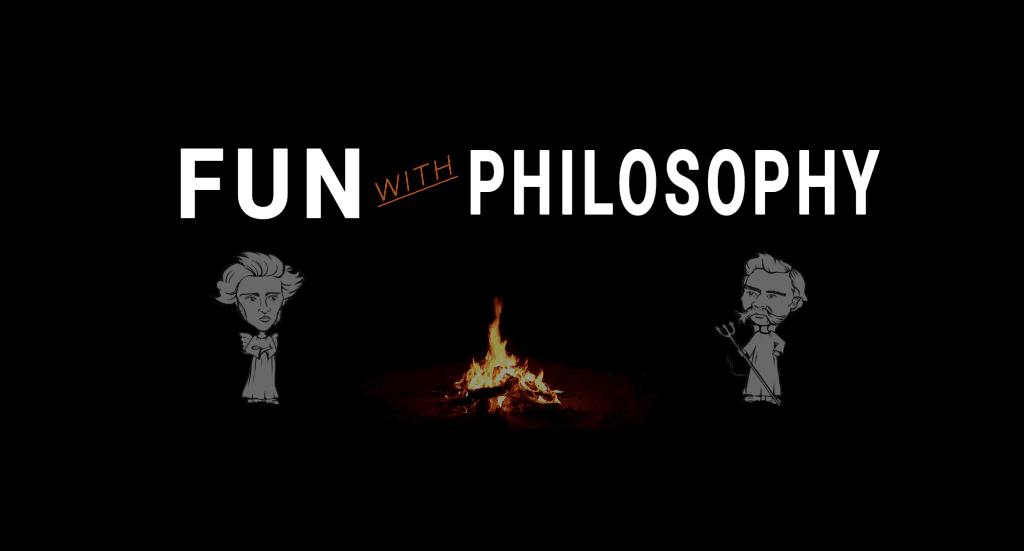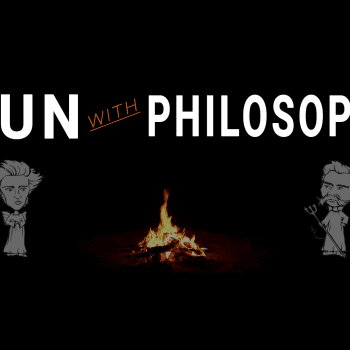Is the reality we exist in right now a dream? This is the question that distinguished professor J.J. Valberg wrestles with in his book: Dream, Death, and the Self. Although I disagree with several aspects of this book, I found this book an intellectual treat. A rare beautifully written book of philosophy. The fact that I disagree with much of the book is moot as long as the book alters my perspective in some way. Then, the book has done what it has set out to accomplish. This is one of those books. I only mention the book here because it is the inspiration behind this article.
Ironically, I had a dream last night where I wrestled through these ideas.
It is always difficult to speak about metaphysics from a philosophical perspective because it is always speculative. For some, this is reason enough to disqualify philosophy from influencing their beliefs. However, I am going to make the case that this is not always true. I believe, at least in this case, there is enough objective evidence in our lives that if we partner that with logic we can come to some conclusions that might not be as speculative as we once thought. This article is going to be such an attempt.
Consciousness & Memory
Scientifically speaking we know very little about consciousness. Consciousness is one of those rare instances that despite the overwhelming evidence regarding its existence we still know very little about it – from an objective point of view. Of course, some believe that consciousness does not exist, that it is an illusion created by the brain. Others think that consciousness might have a relationship with the brain, but it is independent of the brain. Even though they might not be able to articulate it this way much of Christianity believes in the latter position – though they often refer to consciousness as the soul. The reason is that if there is an afterlife then, consciousness must in some way leave the body to participate in that reality. I also think that subconsciously Christians believe that God is intimately involved in the creation of each person’s soul and therefore makes it special. If consciousness is just an aspect of the brain then consciousness is not very special.
I happen to believe that God created the brain as a consciousness machine. In other words, God designed the brain in such a way that it was made to create consciousness in every individual.
One of the few scientific developments in the area of consciousness is its link to memory.
In this belief memory is the primary function and consciousness is its constituent meant to help with the function of “episodic memory”. Episodic memory is the process through which the brain re-arranges past events to help it better understand its experience of the present while also helping to prepare the individual for the future. Consciousness often rearranges these memories through dreams. But we will talk more about that later.
It is the combination of memory and consciousness that creates the self within the individual. Memory reminds us of what we have learned through experience and how that body of knowledge has transformed us into the beings that we are. The ability to have awareness of this fact and act upon it in the world is what is described as consciousness. It is the general awareness of the self’s placement in its environment. When an individual loses their ability to be conscious, their self ceases to exist.
The same is true with memory. If an individual loses their memory degeneratively or instantaneously, they also lose their sense of self. This is referred to as the “Petrified Self”. The self becomes frozen in time, unable to change or evolve as the person experiences time.
Near Death Experiences
Once considered a taboo area, research into Near Death Experiences (NDEs) has ramped up over the years. The research has turned out to be incredibly valuable to brain science and the study of consciousness. Even though many scientists disagree on the purpose of NDEs, they nevertheless agree that the brain is performing some type of function. For example, on one side scientists think that NDEs are just how the individual experiences the brain slowly shutting down. This has led many scientists to conclude that despite an individual being clinically dead (no heartbeat and brain activity), they may actually still be alive for up to 2 days.
On the other side, people argue that this research is proof that consciousness exists beyond death and on into an afterlife. Neither side is trying to have a religious discussion, they are simply trying to make sense of the role of consciousness in life and possibly death. Nevertheless, that has not stopped many religious scientists to jump on board option number two and arguing that NDEs prove the existence of heaven.
Adding to the body of evidence that NDE research has brought to the table are the anecdotes that accompany this body of research. Many of these stories have very similar elements even if the details differ at times. There are two main aspects to the NDE. First, many claim to be able to see their body in what is called an out-of-body experience. These individuals have been able to share amazing details regarding attempted life support and conversations that occur during this process. Some are even able to witness conversations outside of the immediate vicinity. This is important because it means that the individual is not processing conversations they may be subconsciously hearing by their brain, which may still be a little active. Instead, they can hear conversations outside of the room.
The second aspect of this experience is seeing a bright light and being brought to some ethereal place. Some see God, some see relatives, and some see demons or angels. These are legitimate experiences that people are having outside of their bodies.
The reason I bring this topic into this discussion is that I believe that consciousness does persist after death and I think research into NDEs proves this. Additionally, our bodies contain energy, and energy, scientifically speaking, cannot just disappear (as is suggested in death). Instead, energy must either somehow stay in the body or it must be transferred somewhere else.
I think dream research has made incredible strides in understanding the nature of consciousness and the human mind. It is not the job of science to draw conclusions based upon this wide array of data. Instead, this is the job of the philosopher to make these metaphysical connections.
Consciousness & Death
Since it seems to be the case based upon NDE research that our consciousness persists upon death. And since it seems to be the case that memory and consciousness work together and seem responsible for the dream state I feel it is finally logical (and rational) to draw the following conclusions.
- The afterlife is real.
- A place for consciousness to reside is real – whether we apply the term heaven to that is up to us. But, at the very least some “place” exists.
- Fellowship exists in the afterlife – whether that be with God or lost loved ones.
Although this next part is largely speculation, I think much of it is based on drawing logical conclusions from the aforementioned information. This is what I think happens at death based upon the evidence presented here and in other avenues of research.
I believe the process of dying is largely peaceful (excluding dying of a painful disease). Even then, I think that death becomes painless at some point in that process. I think death feels like falling asleep. I think the afterlife, where our consciousness resides, feels like we are dreaming (this conclusion is drawn from the fact that consciousness is responsible for dream states). I also think that we retain memory from our earthly lives (drawn from the fact that memory and consciousness are linked). After a while, our afterlife will seem like reality for our consciousness and the memory of our earthly life will feel more like a dream. I think how we act in our earthly life has some correlation with our afterlife experience. I also think that we have a purpose in the afterlife just as we do in our earthly life. Although I think it is probably possible to interact with the physical world, it is largely inconsequential in the afterlife. Finally, I think the afterlife is not outside of the universe, but right here on earth. I believe it exists in an extra dimension of reality that our physical bodies are unable to detect – though I think it might be possible that this veil can be removed at times (for various reasons).
Finally, I think all of this provides exceptional evidence of the existence of God. Some being must be responsible for the experiences that occur after death. Whether that is the Christian God is still up for debate, but there must be some higher power at the very least.
So, is this reality we exist in a dream? No, not yet at least.
You can view my UNenlightenment YouTube Channel HERE
You can view my UNenlightenment Podcast HERE
You can follow me on FaceBook HERE
You can purchase the book UNenlightenment HERE.


